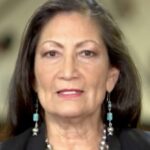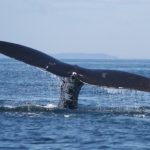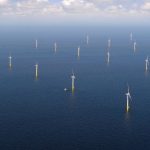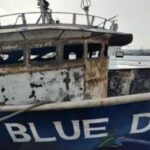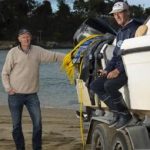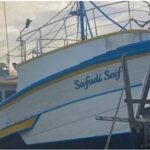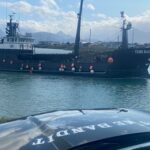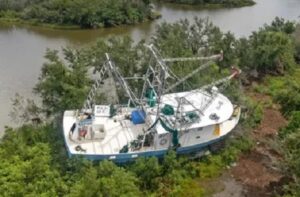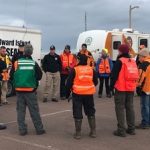DFO outreach meetings prove FFAW-Unifor no longer voice of inshore harvesters: FISH-NL
 FOR IMMEDIATE RELEASE Friday, Feb. 16th, 2018
FOR IMMEDIATE RELEASE Friday, Feb. 16th, 2018
The Federation of Independent Sea Harvesters of Newfoundland and Labrador (FISH-NL) says the most common issue during a recent series of outreach meetings held around the province by the federal Department of Fisheries and Oceans is that the FFAW-Unifor is no longer the voice of inshore harvesters.
“That sentiment was expressed at every single meeting — without exception — and with union representatives front and centre in the room,” says Ryan Cleary, President of FISH-NL. “The FFAW-Unifor no longer speaks for most harvesters, and that message should be loud, clear, and obvious to the entire fishing industry, including federal Minister Dominic LeBlanc.”
Beginning in November with a meeting in Hawke’s Bay on the Great Northern Peninsula and wrapping up this week on Fogo Island, DFO held a total of 20 outreach meetings —the first in living memory — to hear directly from inshore harvesters.
FISH-NL estimates the turnout for all meetings at just under 520 harvesters, which is incredibly low considering their total number has been estimated at between 4,500 and 10,200. The province’s Labour Relations Board has spent almost 14 months — and counting — trying to pinpoint the figure.
“The low turnout is a message that harvesters are used to FFAW-style meetings that are only held to tell harvesters what’s already been decided,” said Cleary.
The second most common issue during the outreach meetings was how hard it is for new people to get into the fishing industry, which is also controlled by the FFAW-Unifor through the Professional Fish Harvesters Certification Board.
Cleary points out he FFAW-Unifor executive makes up most of the certification board’s board of directors, and while the Board describes itself as “independent and arm’s length” from the union, the two actually own the St. John’s office building where both offices are situated.”
Some of the bigger fishery issues around the province that arose during the DFO meetings include:
• The FFAW-controlled Fisheries Science Stewardship and Sustainability Board (FSSSB) oversees the Atlantic Halibut Sustainability Plan, under which halibut tags are sold for $200 to NL harvesters who fish in the Gulf (fishing zone 4R). Meantime, harvesters from the Maritimes and Quebec who fish in the same waters aren’t charged for halibut tags.
• Harvesters in the northern cod zone, which takes in the coast of Labrador and Newfoundland’s northeast/east coast, have been calling for years for “buddy up” in the cod fishery, which would allow two licence holders to fish together, saving money on expenses and gear. Harvesters say they’ve told the union for years they want buddy up, but the union has told them no. DFO didn’t get the message until the outreach meetings.
• Inshore harvesters on Newfoundland’s south coast told DFO for years that offshore draggers shouldn’t be allowed access to 3Ps cod — just as draggers aren’t permitted at delicate cod stocks in the northern cod zone or the Gulf. DFO disregarded that advice in the fall of 2017 and allowed the offshore sector back at 3Ps cod, despite the fact the quota was cut in half last year to 6,500 tonnes.
“DFO is to be commended for holding the outreach meetings,” said Cleary, “but the precedent has been set and DFO must hold them every year from now on so that inshore harvesters are consulted and respected.”
Contact Ryan Cleary: 682 4862

































